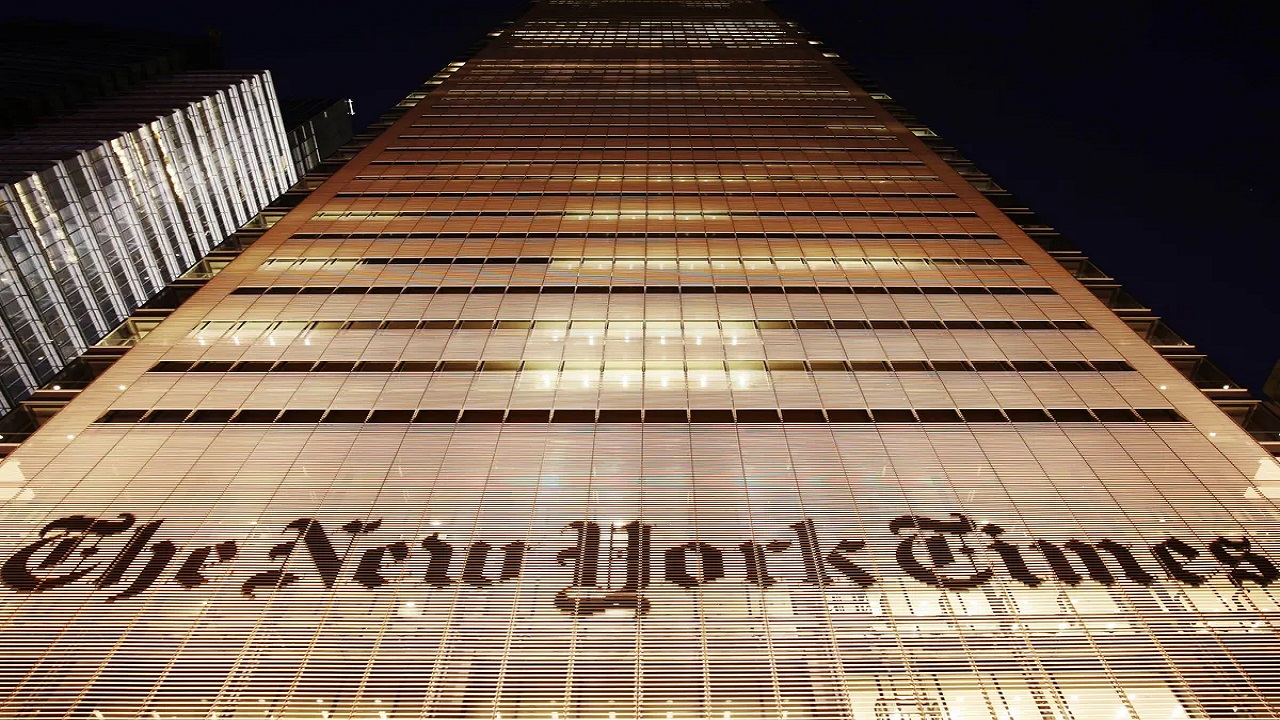NewYork Times Sues Microsoft & OpenAI Over Copyright Infringement

The New York Times has filed a multibillion-dollar lawsuit against digital giants Microsoft and OpenAI, accusing them of copyright infringement in the training of their language model, ChatGPT. The case, filed in federal court in Manhattan, claims that the New York Times’ copyrighted content was used without permission, costing the renowned news company considerable financial damages.
ChatGPT and other large language models (LLMs) improve their skills by analyzing massive volumes of data, which is frequently obtained from online material. According to the New York Times, “millions” of its articles were used without permission to train ChatGPT, allowing the language model to create replies that occasionally replicate “verbatim excerpts” from the newspaper’s articles, which are only available through a paid membership.
The main argument in the lawsuit is that ChatGPT, which uses Microsoft and OpenAI as its power sources, is now directly competing with the New York Times as a dependable source of information. According to the lawsuit complaint, this competition is unfair since the language model uses copyrighted content without paying the news organization for its use.
The New York Times points to instances where ChatGPT, when queried about current events, produces content like the newspaper’s reporting, thus allowing readers to access premium content without paying for it. This alleged infringement not only undermines the New York Times’ subscription income, but it also harms advertising clicks when customers choose free access through ChatGPT.
In addition, the complaint emphasizes the impact on search engine results, specifically mentioning the Bing search engine, which includes ChatGPT-powered capabilities. According to the lawsuit, Bing search results occasionally include information directly copied from New York Times-owned websites without proper acknowledgment or referral links, resulting in a loss of potential revenue for the newspaper.
The lawsuit disclosed that the New York Times sought to settle the dispute peacefully in April, engaging Microsoft and OpenAI for talks. However, these efforts were futile, causing the news outlet to take the case to federal court.
This lawsuit follows a period of turmoil for OpenAI, which included the sacking and then rehiring of co-founder and CEO Sam Altman. Aside from internal friction, OpenAI is facing a slew of legal challenges in 2023. This case comes after a comparable copyright infringement lawsuit that well-known authors like George RR Martin and John Grisham filed in September.
In the broader landscape of legal battles involving AI developers, comedian Sarah Silverman filed a lawsuit in July, authors Margaret Atwood and Philip Pullman wrote an open letter requesting compensation from AI companies, and computing experts sued OpenAI and Microsoft for using their code without permission.
As the legal story proceeds, these instances highlight the increasing complexity and ethical concerns surrounding the use of generative AI, as well as the responsibilities of technology businesses to respect intellectual property rights. None of these cases have been settled, so the tech sector and legal experts are keeping a careful eye on the outcomes, which might define the future of AI research and its connection with copyrighted content.
PTA Taxes Portal
Find PTA Taxes on All Phones on a Single Page using the PhoneWorld PTA Taxes Portal
Explore NowFollow us on Google News!





